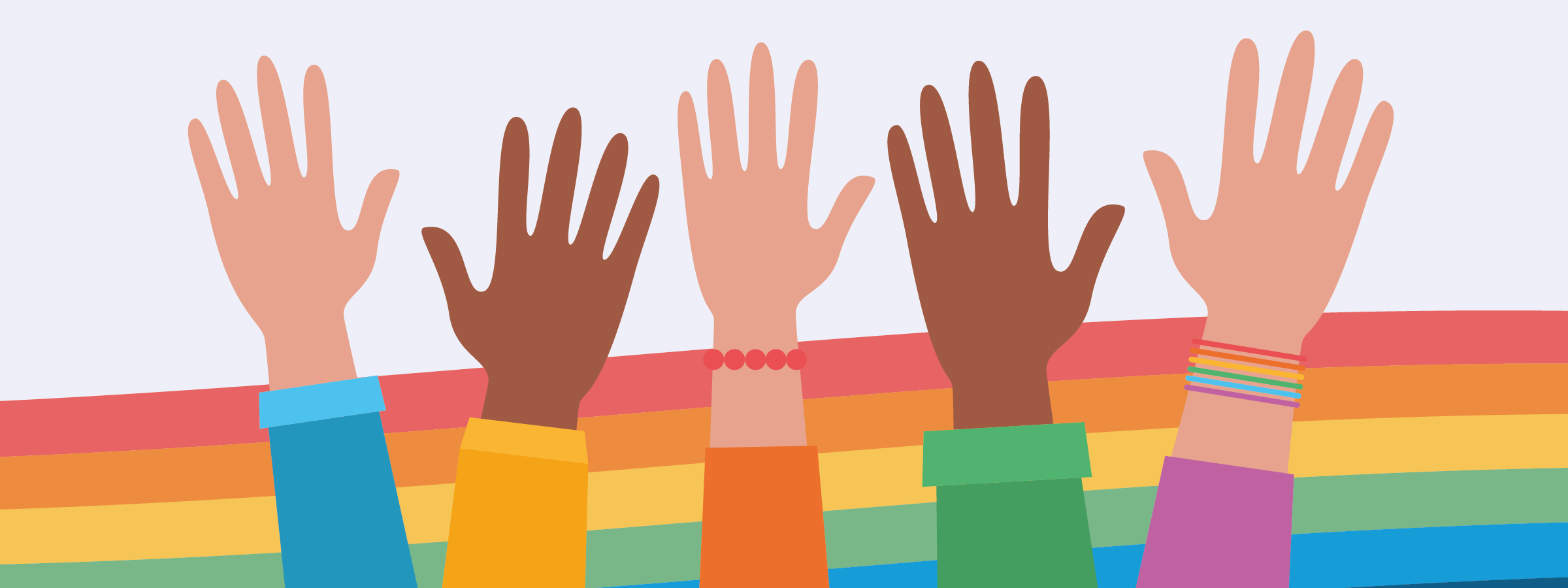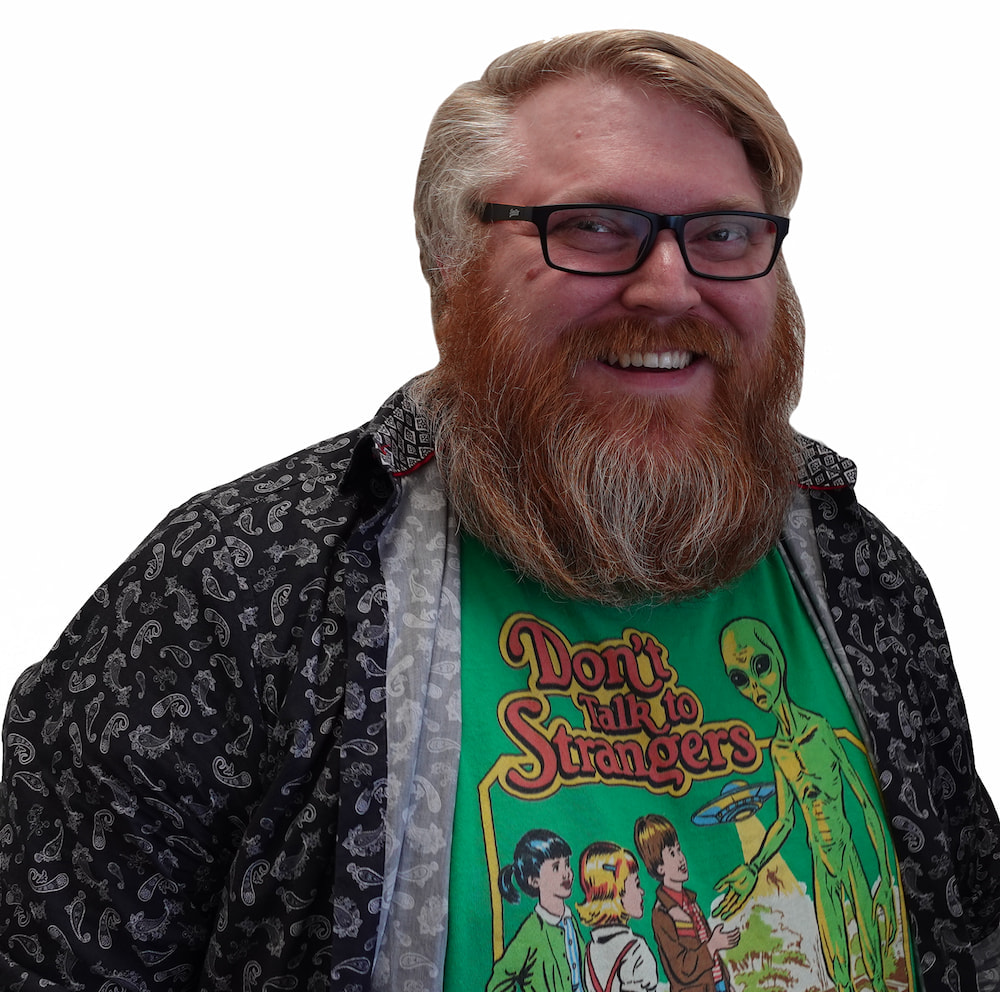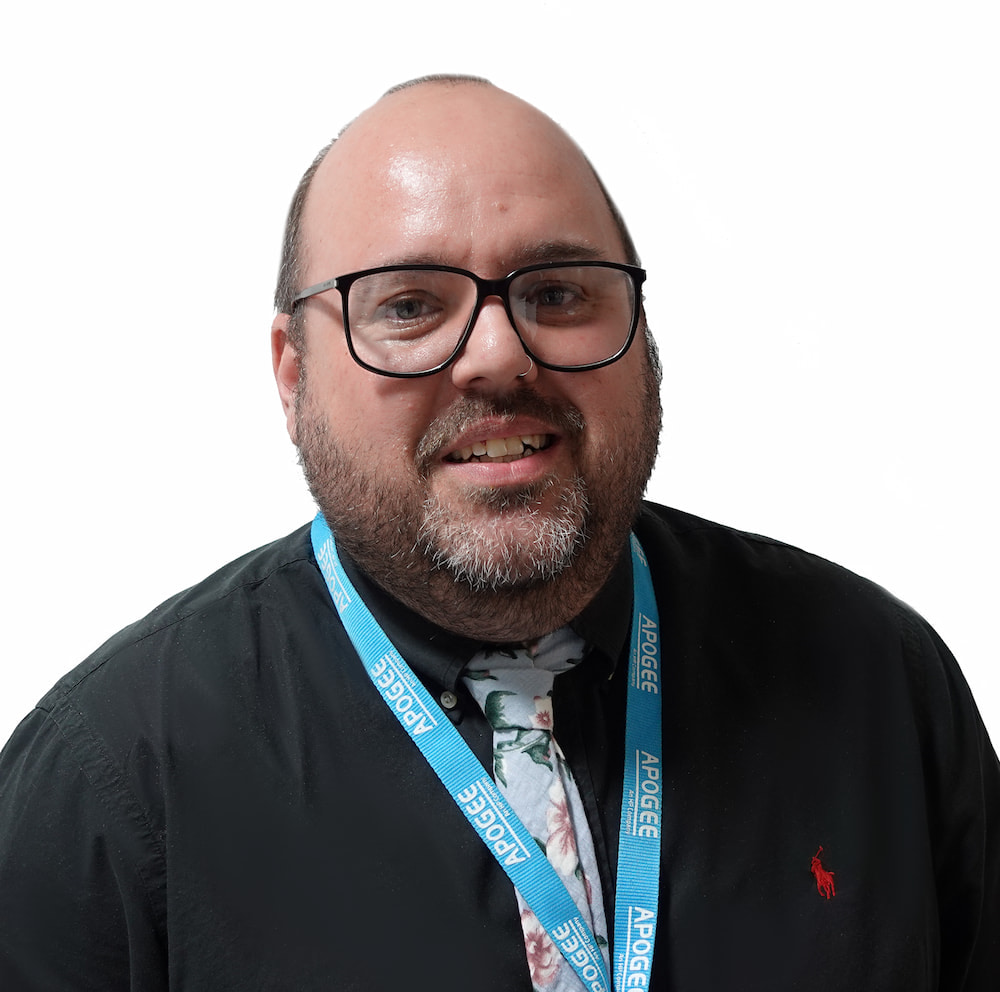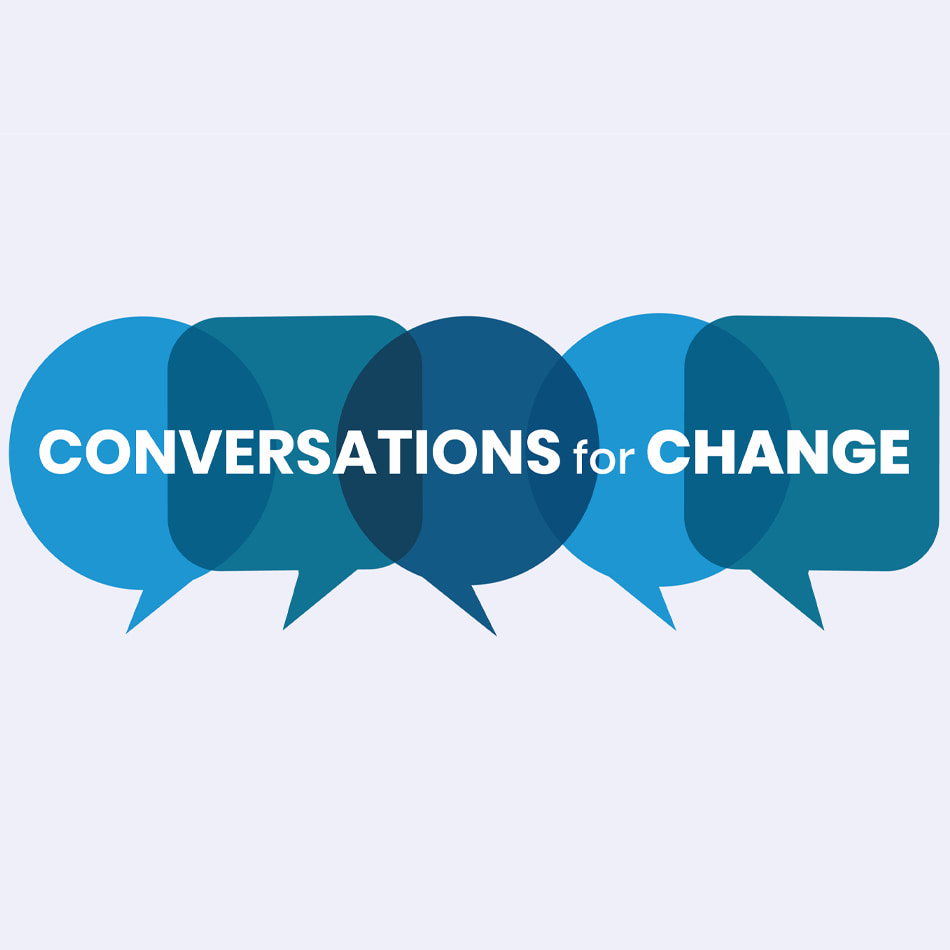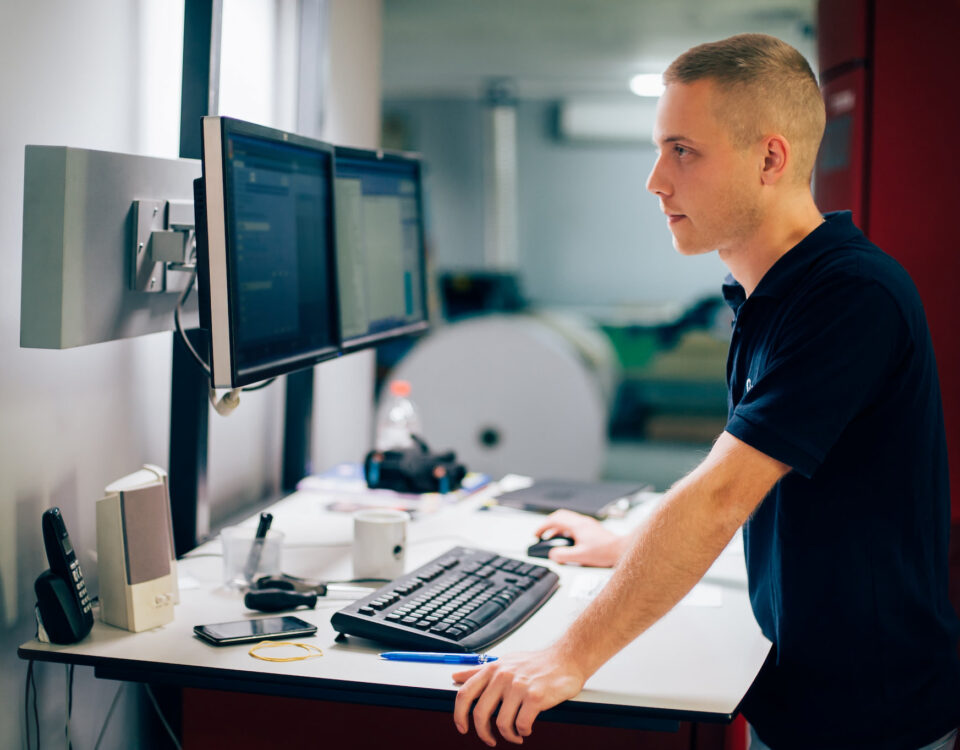Q&A: Matt Hardwick - Head of Product Development
1. What does LGBT+ History Month signify to you?
We've had many powerhouse figures appear in media, and significant events that are worthy of recognition or celebration over the years – not just specifically for their influence on, or significance to LGBTQ+ people; but for their impact on wider culture, academia, science, technology and more. It's a time to celebrate that representation.
Whilst there have been significant strides made in the past few years for equality; for many the battle for even basic respect and recognition is still ongoing. In many countries homosexuality is still illegal, in many more legal recognition of same sex relationships is non-existent.
So not only is it a time to reflect, admire, celebrate, and remember; but also a time to focus on the challenges we are still yet to overcome. It's not just about our history but the challenges we've faced and still face.
2. How are you making a difference for LGBTQ+ members in your community?
I run a large non-profit community group that has several key aims focused on LGBTQ+ people who play video and board games, often known as “gaymers”. I am not responsible for the pun, with it being coined many years ago, but it's the widely accepted term and it's a fun play on words.
The group primarily provides a space for people who identify with this moniker, with events both on and offline, providing a safe space with a common interest. The second aim of the group is to work with the video games industry on their diversity efforts. I've worked with not just major, but small publishers and developers too, advising on LGBTQ+ story lines, right and wrong ways to tackle bullying and toxicity, and how to deal with homo/trans/bi-phobia in online communities and games.
Lastly I also work with other LGBTQ+ charities, press, and even government departments on intersectional issues and representation.
3. Can you recommend any influential people within the LGBTQ+ community that our followers should stay in tune with?
Ben Hunte – Journalist. The former BBC journalist was the broadcaster's first LGBT+ news correspondent; is now working for Vice regularly investigating LGBTQ+ stories.
Shon Faye – Author and activist. Writer of The Transgender Issue: An Argument for Justice, a book that talks about the ways that trans people are monstered every day in ways many people don't even realise – and recommended albeit at times sobering reading.
4. Is there a connection between technology, diversity, and inclusion? And if so, how do they interconnect?
Absolutely. Research by Stonewall has shown that around a third of young LGBTQ+ people actively avoid jobs in traditional STEM (Science, Tech, Engineering, and Maths) roles, because of negative stereotypes of those industries. Companies in these sectors are now actively trying to engage with minorities to ensure there's a place for all. I've personally worked with the Institute of Coding to encourage young people in minorities to enter into these industries.
There is a small irony here however. Technology is what has enabled minorities to connect, share ideas, raise awareness in ways they were never able to before. Online communities (Facebook Groups, Twitter, Discord) specifically have been a sometimes literal lifeline to minorities, especially in the context of the ongoing pandemic and lockdowns!
Also UKIE research has shown that over 20% of the games industry workforce identify as LGBT+, much higher than other industries, so it's clear that LGBT+ people do want to work in tech related roles.
5. Do you know of any specific organisations, charities, activists that are pushing for social justice/ changing attitudes or inclusion? If so, who are they?
Stonewall is probably one of the most significant and important organisations for LGBTQ+ people right now. They are under significant pressure and undue scrutiny from vocal minorities on social media, the press, and even government.
6. How do you think your allies in the LGBTQ+ movement can help with broader activism and awareness of the topic?
There are a number of ways that allies can be allies. The most obvious one is look, listen, and learn. Be prepared to listen and educate yourself on issues that impact the community.
Secondary, and this may be uncomfortable for some, but to be aware of the privileges you have, the LGBTQ+ community may not be afforded. This means being willing to confront your own assumptions and unconscious biases.
Stonewall has a good intro page that may help
https://www.stonewall.org.uk/about-us/news/come-out-lgbt-becoming-active-lgbt-ally
7. Are you proud to work for an organisation that actively supports and works with LGBT+ organisations?
I think it's fair to say that Apogee is nearer the beginning of its journey, but it's also clear that they're on the right track. I'm very proud that Apogee is a not just a key technology provider to Stonewall, but is also public about that fact demonstrating to others their commitment to working with them.










































